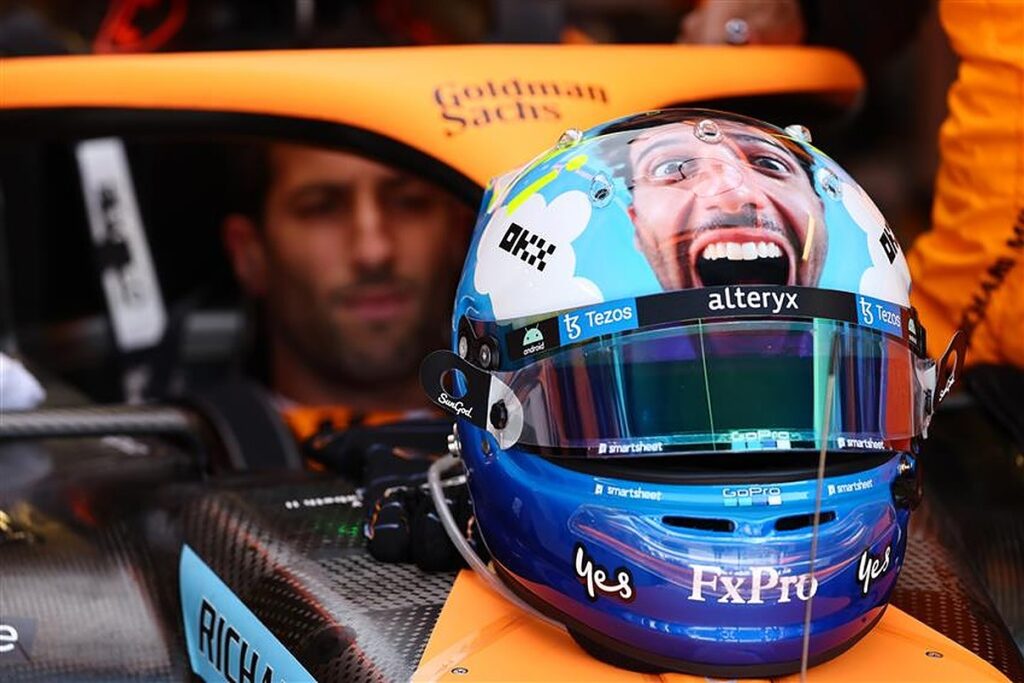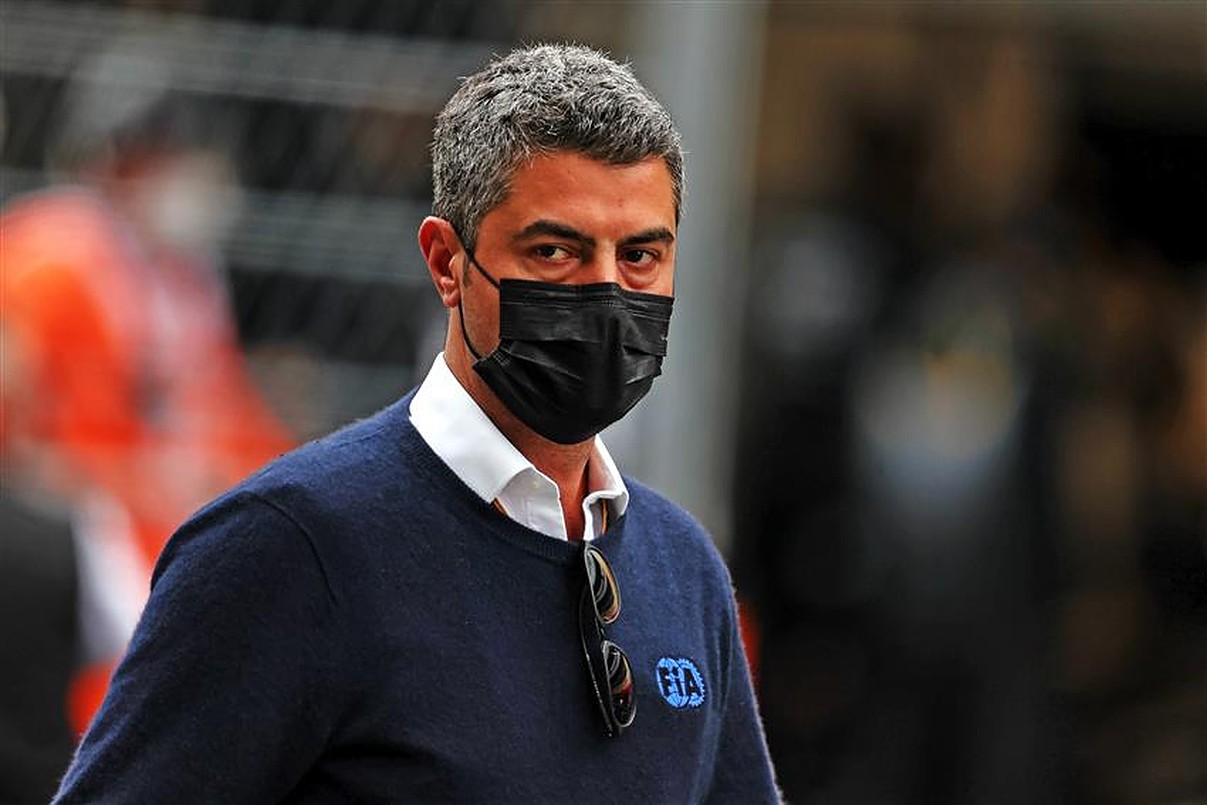1997 champion, Jacques Villeneuve, has criticised race director Niels Wittich’s handling of the final laps of the Italian Grand Prix last weekend.
Max Verstappen had made his way up from seventh to first in Monza, and he held a comfortable advantage over Ferrari’s Charles Leclerc going into the closing stages.
The Safety Car was brought out on lap 47 though, when Daniel Ricciardo suffered a reliability failure on his McLaren, and pulled over the side of the track between to the two Lesmos.
Initially, the Australian thought he had stopped right by a marshal’s post, but that was about 50 metres behind him.

READ: Max Verstappen reveals what he told Nyck de Vries
Ordinarily, the car could be pushed back by the marshals, but the power had cut out while Ricciardo was in fourth gear, so they could not put it into neutral.
The cherry picker therefore had to get round and collect the stricken MCL36 and, by the time the Safety Car had bunched up the pack, and the car was cleared from the circuit, time had run out to restart.
Verstappen won under yellow flag conditions, much to the irritation of the tifosi, who were denied a grandstand finish.
One of the suggestions after the chequered flag was that Wittich could have red flagged proceedings in order to give marshals enough time to clear Ricciardo’s car so the race could get going again, but the incident would not ordinarily have been severe enough for a suspension.
Villeneuve thought it was a dull end to what, in his eyes, had not been a particularly exciting race to begin with.
“I thought the Italian Grand Prix was a really horrible race, I think it was especially sad for the tens of thousands of people who had bought very expensive tickets,” wrote the Canadian in his Formule.nl op-ed.
“They didn’t get a show, or a finish: in fact, nothing at all.
“This race was not captivating, there was no strategic fighting, no battles on the track. It was empty, especially when you compare it to everything we have seen this year. We wanted more, but we didn’t get it.
“This was partly due to the substandard race management, it had already not been very strong this year, but this was a new low.
“A race should be exciting and aggressive, and it should be managed accordingly. We are not in endurance racing, this is Formula 1!”
Former race director, Michael Masi, was removed from his position at the start of this year after he allowed a limited number of lapped runners go at the end of the Abu Dhabi Grand Prix in December.
Sir Lewis Hamilton had been leading Verstappen by a comfortable margin on his way to what would have been an eighth world title, before Nicholas Latifi caused the infamous Safety Car period.
The Briton was on older tyres than Verstappen, and only the cars between the two leaders were allowed to go through, leading many, including Hamilton, to suggest that the championship finale had been “manipulated.”
Masi had not red flagged the race as the clear-up of Latifi’s car took longer than initially expected, but his decision did create a grandstand finish, a move with which not everyone agreed.
However, Villeneuve can see where Masi was coming from, given the anticlimactic end to Sunday’s race.
“A race should never, ever end behind the safety car, so many things could have been done differently: a red flag, sending the stragglers on earlier…” he suggested.
“There was enough time, we could have raced two more laps. It made me realise that last year was not that bad, after all.
READ: ‘No doubt’: George Russell’s honest assessment of Nyck de Vries F1 debut
“Mistakes were made, but there was always the intention to get racing again as soon as possible. Yesterday it seemed as if this was not important – incredible to see.
“This was not right, such a finish should be avoided.”
The sporting regulations now state that “all,” rather than “any” lapped cars are now to be waved through at the race director’s discretion.

